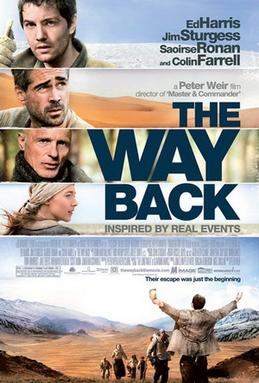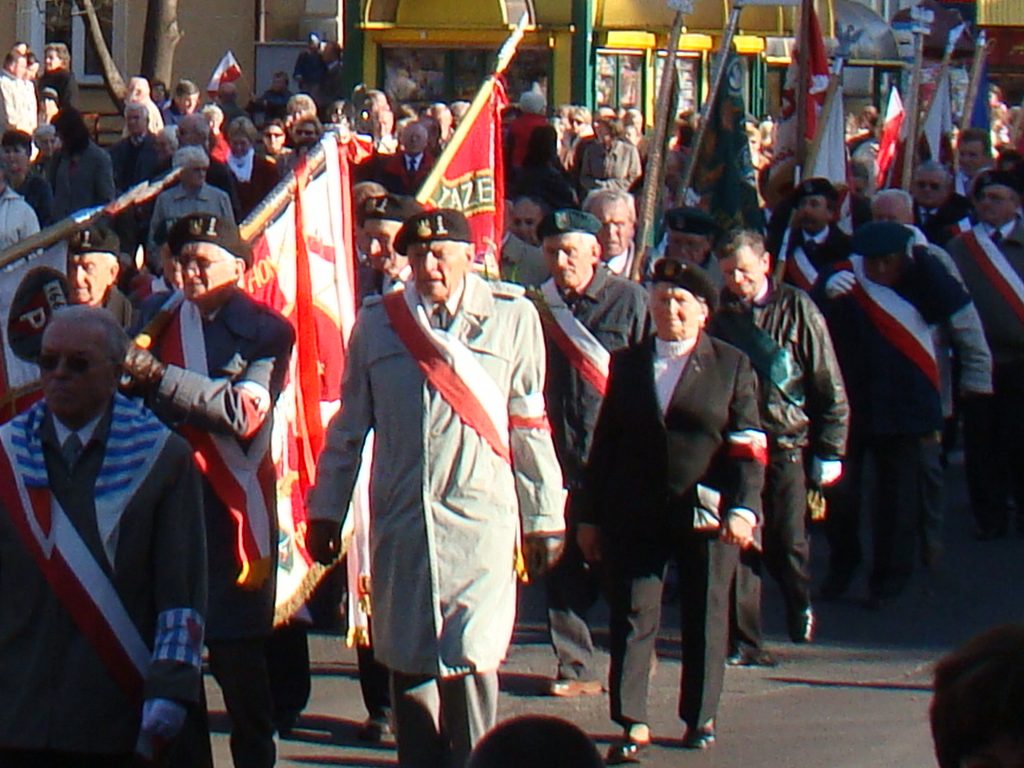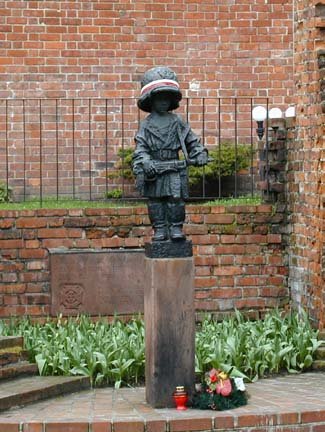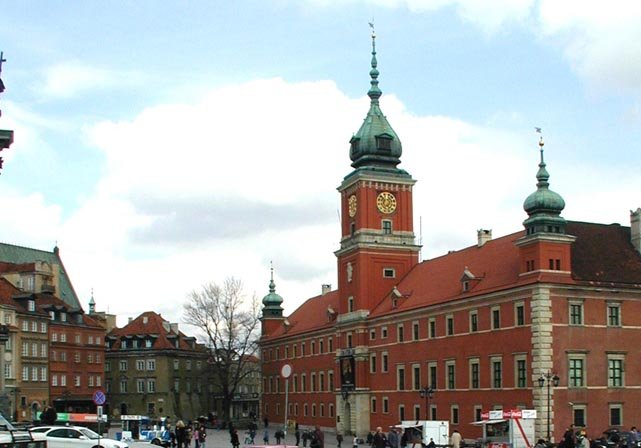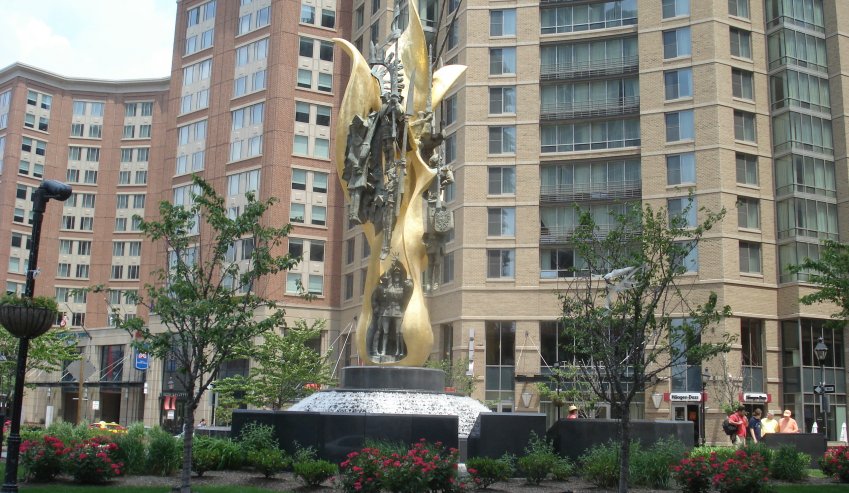Leaving out periods of sickness or bereavement, two periods of my life compete for “the worst.”
Crashing at the takeoff
It was the worst job year since the Great Depression. Unemployment in 1982 hit post World War II highs (think of it like the Great Recession, only worse) and I was not among those employers most wanted. Sure, I could read Greek & Latin; employers were unimpressed. Who knew? I thought I might never find a job outside the fast-food or hospitality industries.
I needed a change, a jump start. Maybe I thought maybe I could join the Air Force, get some practical experience and maybe get them to pay for some practical education. I was physically fit, college educated with no criminal history & I did well on standardized tests, so the recruiter saw me as a good prospect. I got excited about officer training. I saw “Officer & Gentleman” with Richard Gere. I figured that I could do that. My plan was to marry Chrissy, go into the Airforce to become and officer and a gentleman. The marriage was wonderful; the rest, not so much.
The shock came out of nowhere. As I went through the steps, my blood pressure was excellent, my heart strong and everything was good. I felt sorry for some of the guys around of me – the one with such high blood pressure that he had to lay down to lower it, the one with only one testicle (Evidently the rule was that you need two); the one humps on his back, kind of like an ankylosaurus. They all passed. Not me.
The doctor told me that I had some earwax and that I was not capable of military service. Earwax? Turns out my “ulcer” from 11th Grade made me ineligible. I protested that it – whatever it was – went away. I was spectacularly healthy, as the tests showed. I lifted weight, ran long distances and I ate and drank whatever I wanted w/o problems. It didn’t have an ulcer. It didn’t matter. I was out.
It was like bouncing on the diving board and then seeing the pool was empty. There was no plan B and no prospects. I was an “employment refugee,” a ragged man wandering through a ragged landscape. I worked episodically at “Flexi-Force,” doing things like stuffing newspapers on the night shift and sweeping floors. The idea was to get experience and maybe work into a steady job. My MA in history meant less than nothing. My less educated co-workers were eager to tell me that we were in the same boat. The difference was that I had spent years to get there and I had thousands in student loans. My best prospect for continued employment was selling phone service for MCI. I made a good impression on the boss, at least he said so, but I was gone after the temp period.
A good thing about being loosely connected to the job market is that you have time. I studied for the GMAT and learned some of the math I needed for an MBA, and I took the Foreign Service written test. The FS test was free and the study books for the GMAT did not cost much. Things got better in the economy and for me. I passed the FS written test and started an accelerated MBA program at University of Minnesota in the summer of 1983. They gave me a job as a TA, not sure why, sweet serendipity.
Management is a kind of applied history & even the math was sometimes fun, once I figured out the patterns. When I took the FS oral exam soon after starting my MBA, I was completely relaxed. I had the MBA thing going for me, so the orals were just exercise. That is probably how I passed. Fortunately, the security background check took a long time and I finished my MBA before I got a call for FS. By then I was “director” of Marketing Research at Microdatabase Systems (MDBS). I put “director” in quotes, since I was the only one in the department.
MDBS made a wonderful data base software that was nearly impossible for non-experts. I learned the system with the help of the engineers and after a couple weeks the founders-owners called me. Nice guys. They asked me how I liked the product. I told them truthfully that it was great but added that it was too hard to use.
The founders were taken-aback. “If people are too stupid to use our product,” one explained, “perhaps they shouldn’t buy it.” I figured I ought to flee that scene before it all fell down. I accepted the FS offer the next day. I had worked at MDBS for all of three weeks. Oddly, they asked me to stay on until I needed to leave for Washington, so I worked a couple more weeks, then set off for my new career.
Falling from the heights
The second dip was not existentially as bad. I still had a good job. I was just worried that there was no future. I feel into the career pit right after the summit of my best of times in Krakow (discussed earlier).
The bureaucracy has no memory
Past accomplishments are no guarantee of future good treatment. The late 1990s were a time of cuts in the FS, especially in public diplomacy. Lots of good officers were pushed out and those of us left had fewer opportunities. I got a job at the Operations Center. This sounds exciting, but it was not, at least not for me.
Ops Center is 24-hour shift work. I never adapted. I was sluggish most of the time, ate too much junk food, & gained weight. My blood pressure went up to “pre hyper tension. My joints hurt. It was not only the shift work. I thought my career was finished. I had done my best and ended up on the night shift – better than 1982 but similar time zone. Our political leaders seemed uninterested in our work. Our USIA director at the time did not like people like me. He thought the FS was too pale, too male and too Yale, and said so openly. I had two of those three attributes. His team also emphasized youth. The under 30 crowd had some special attributes, they thought. So, at 42 ½ I was too old, too pale, too male and maybe not Yale enough, since graduates of Midwestern state schools were lumped in but with none of the privilege or prestige of the Ivy League.
After he found he could not mess with the test to change his “elitist” workforce. He did the next best thing – shrunk our numbers. We hired almost nobody and promotions trickled down to almost none. We lost about 1/3 of our public diplomacy officers in those years. I am convinced that one reason we were unprepared diplomatically after 9/11 was that we just did not have enough experienced boots on the ground, but that is another story.
I hated the Ops Center. It was the only time in my FS life that I looked for another job. Fortunately, I got another opportunity before I got too far in to the job search. They needed someone in Poland to honcho public affairs for Poland’s perspective NATO membership. I volunteered. Fluent Polish speakers are not that common and/or not available in mid-year, so I was probably the only one available. This shows the value of networking, BTW. I spent a lot of time just talking to people. I got the job because of my qualifications, but I knew about the job only because of my networking.
They sent me to Warsaw for three months with the mission to care for American academic & media delegations studying NATO. I believed then – and do today – in NATO. I believed Poland would be a great addition and I worked to convince others to believe it too. I took visiting delegations to Poland’s great universities and introduce them to Poland’s intellectuals and leaders – living treasures of Poland. It worked. In a verified example, an editorial writer for the “Chicago Tribune” wrote me that his visit had changed his mind and his paper’s editorials. I still have the letter. All I did was make the truth available. I believed in what I was doing, and I could devote a lot of time to my work, since I had nothing else to do. You can be very effective working full out, but probably cannot keep it up.
I had to go back to the Ops Center. Nothing changed and sill hated it. My work in Poland gave me visibility to get a job as desk officer for Russia and then press attaché for Poland. You can tolerate almost anything if you can see the finish. I spent just nine months in the Ops Center, closer to six months if you subtract my sojourn in Poland.
It reads better than it was lived
Looking back, my worst of times were not very bad, but they read better than they were lived. In the 1982 episode, I almost lost hope. In 1997, I thought that the career that I had learned and loved had hit a brick wall. In both cases, the despair was fueled by outside issues. In 1982, it was the economy – stupid, but after that we enjoyed a quarter century of good times, which encompassed much of my working and investing life. 1997 was a more nuanced. We were being cut and the powers that be made it clear that they did not like people like me. In both cases, the remedy was to adapt and overcome, but in both cases I was saved more by changes in climate than by my own actions. What I did to adapt was necessary to success, but not sufficient.
In the 1997 case, there is an interesting coda. The 1990s were plague years for the FS. Lots of good colleagues were pushed out of their jobs, especially at the 01 level. As I wrote, we lost about 1/3 of our public affairs officers, and the carnage hit hardest at the FS-01 level. After the end of the plague years, Colin Powell rightfully saw that we needed to rebuild. His diplomatic readiness initiative brought in hundreds of new people above the attrition rate. They came in as junior officers. The plague opened the way for middle ranked (at the time) people like me. As after a medieval plague, there were lots of empty spots to fill. The hard times of the 1990s almost certainly delayed my promotion to FS-01, but likely created opportunities after that, so on balance the hard times were good.
For better and worse
The most important factor through these hard times was Chrissy. I try not to comment too much about family, since I don’t think it is fair for me to tell their stories, but w/o her love and support I well might have got stuck in the swamp of despair. Studies show that people with stable relationships are happier, healthier & wealthier. I can well understand that. I talk a lot about sweet serendipity, but nothing is sweeter than that relationship. It takes a lot of effort to be spontaneously lucky.



